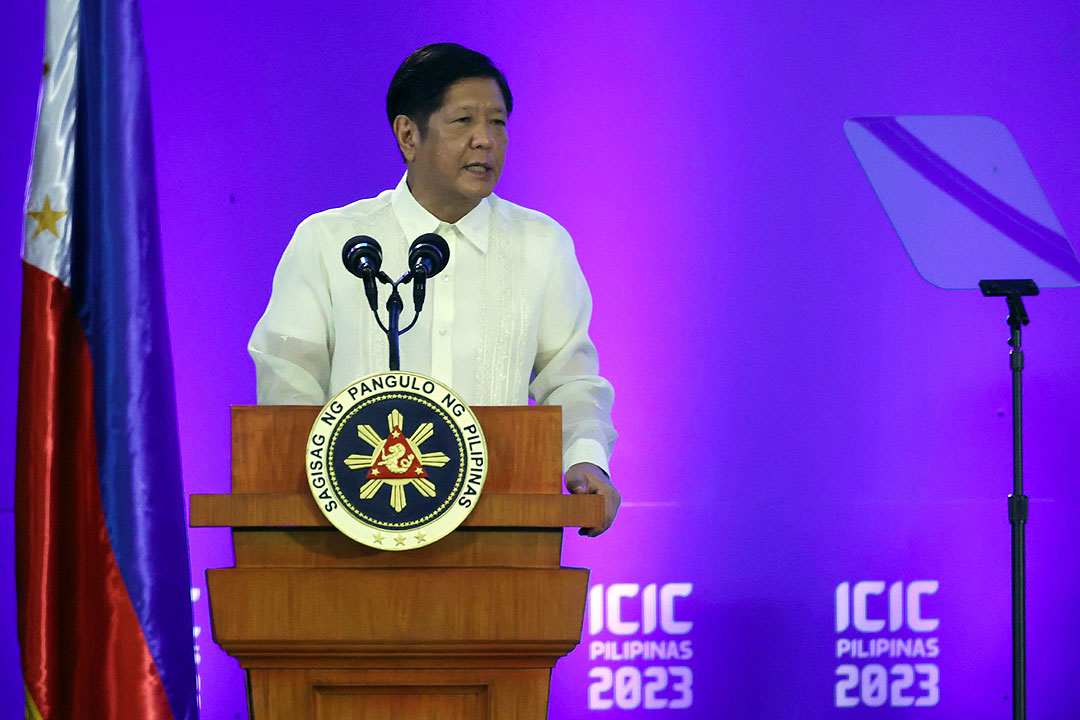
By Kenneth Christiane L. Basilio, Reporter
PRESIDENT Ferdinand R. Marcos, Jr. should prioritize the approval of a long-awaited Freedom of Information (FOI) law to strengthen Filipinos’ right to access information, a civil group said on Wednesday.
Mr. Marcos should put into motion the legislative process for an FOI measure by endorsing it in his annual state address, certifying it as urgent and engaging with congressional leaders to ensure its progress, transparency advocacy group Right to Know, Right Now Coalition said.
“The Constitution already guarantees the right to information,” it said in a statement. “The task of legislation is to strengthen and operationalize that right — not restrict or dilute it.”
The statement followed a roundtable discussion, convened by the Philippine Open Government Partnership and the Department of Budget and Management (DBM), in which the Coalition presented its position on the proposed FOI bills for the 20th Congress.
Two draft FOI bills from the DBM and the Presidential Communications Office are being presented to civil society groups, business organizations and academic institutions for discussion, according to the transparency advocacy group.
“The proposed FOI bills must recognize the right to information as self-executory, grounded in the Constitution, not dependent on enabling legislation,” the group said. “The FOI regime must go beyond passive compliance.”
“Agencies must proactively publish high-value datasets in accessible… formats with mechanisms for public input,” it added.
Attempts to enact an FOI law in the Philippines have repeatedly faltered in Congress despite the right to information being enshrined in the 1987 Constitution and even with the backing of the late former President Benigno S.C. Aquino III during his administration.
Six FOI bills pending in the Senate have been consolidated and now await second reading approval. No counterpart bill has so far been filed at the House of Representatives.
POLITICAL WILL
The Philippines has not enacted an FOI law due to a lack of political will stemming from the need by politicians to keep the government opaque from public scrutiny, said Aljon Patrick C. Acupan, convener of transparency group FOI Youth Initiative.
“A robust FOI law would pave the way for genuine transparency — shedding light on inefficiencies, and in some cases, uncovering corruption or abuse of power,” he said in a Facebook Messenger chat on Wednesday.
President Ferdinand R. Marcos, Jr. in February said that having a transparent government is key to stability and prosperity.
“If transparency is truly a cornerstone of the administration, the strongest proof would be the enactment of the FOI law within his term,” said Mr. Acupan.
“If governance is honest and competent, transparency should be seen not as a threat but as a badge of trustworthiness. This is especially critical now, as recent polls show declining satisfaction with the administration’s performance,” he added.
Mr. Marcos’ public approval rating fell to a record low in March, according to a Pulse Asia Research, Inc. poll. The President’s approval rating plummeted to 25% from 42% in February, while 54% of Filipinos expressed distrust toward him, up from 32%.



